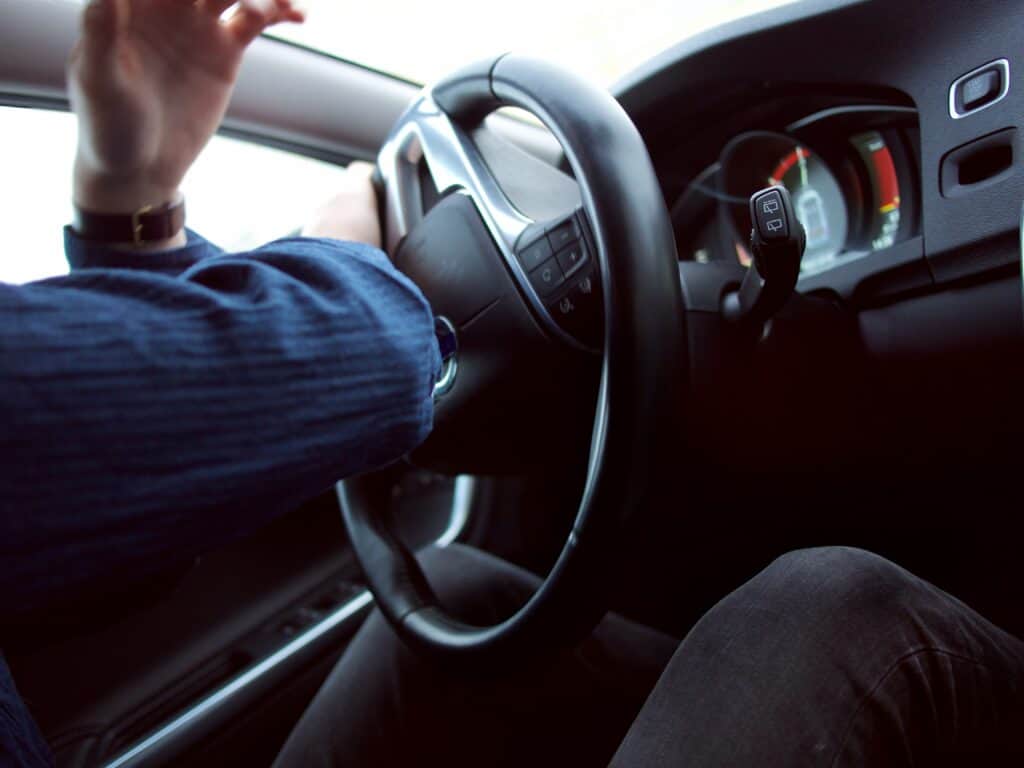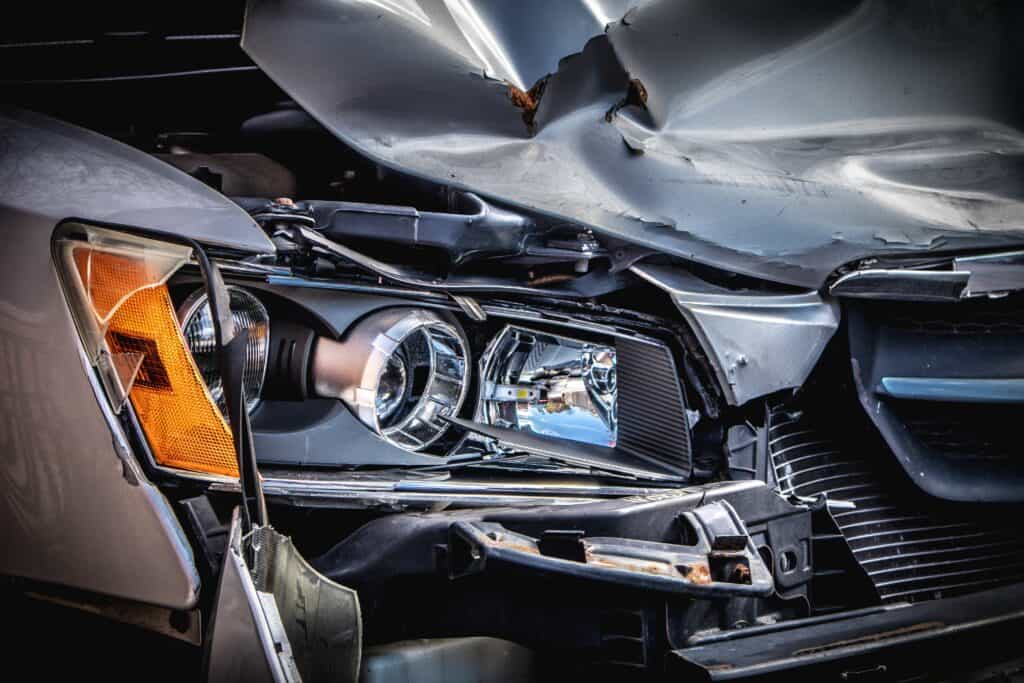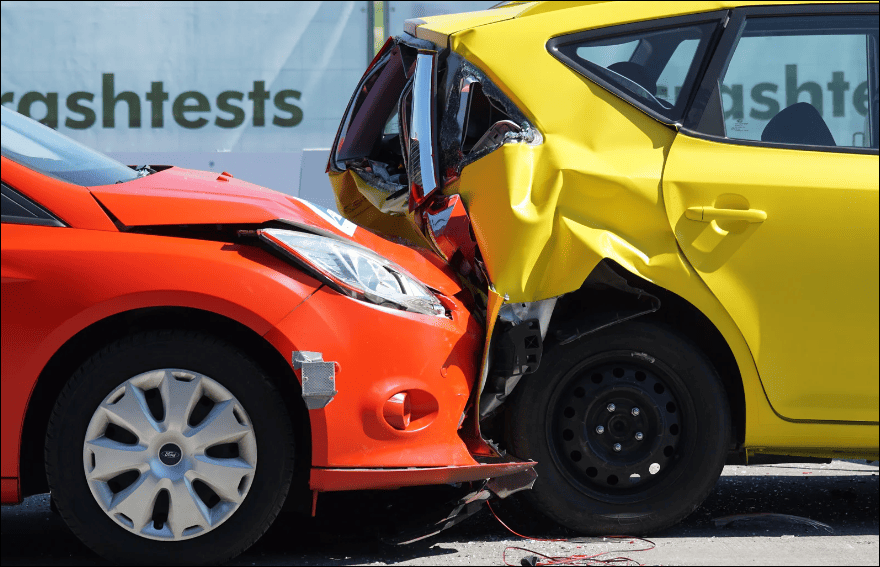In the tumultuous aftermath of a car crash, individuals often find themselves grappling with both the physical and emotional repercussions of the incident. While immediate concerns revolve around ensuring everyone's safety, it's also important to know how to take legal action.,
Table of Contents
it's equally crucial to comprehend the legal terrain to safeguard your rights effectively. This comprehensive guide delves into the intricacies of post-collision legal proceedings, providing a roadmap for those navigating the aftermath of a car accident.
Let's look at the step-by-step on how to take legal action and ensure that your rights are exercised and protected.

Assessing the Immediate Aftermath
In the chaotic aftermath of a car crash, the priority lies in ensuring the safety of everyone involved. Attend to injuries promptly and summon medical assistance if required. Once safety is assured, document the scene meticulously.
Capture photographs of the vehicles involved, license plates, and any visible damages. Exchange contact information with other parties and solicit statements from witnesses. These initial steps lay the foundation for a comprehensive account of the incident, a crucial resource when filing claims or pursuing legal action later on.

Moreover, it's advisable to make note of environmental factors such as weather conditions and road quality. These details can be pivotal in establishing liability. In the digital age, leveraging technology can be immensely beneficial.
Use your smartphone to record voice memos, detailing your recollection of the events leading up to the crash. These real-time accounts can serve as invaluable pieces of evidence during legal proceedings.
Seeking Medical Attention and Documentation
Even seemingly minor injuries can escalate, underscoring the importance of seeking medical attention promptly. A visit to a medical professional not only ensures that latent injuries are addressed but also generates crucial documentation. Detailed medical records serve as tangible evidence of the physical toll the accident has taken on your well-being.
In addition to medical records, maintaining a comprehensive file of related expenses is imperative. This includes bills for medical treatments, prescriptions, rehabilitation, and any other associated costs.
These documents not only provide insight into the financial impact of the accident but also substantiate your compensation claim. Further, engage in open communication with your healthcare providers.
Obtain detailed prognoses and treatment plans, ensuring that your medical records reflect a holistic understanding of your post-accident health. This transparency enhances the credibility of your case, establishing a clear link between the accident and subsequent medical expenses.
Reporting the Accident to Authorities and Insurance
Promptly reporting the car accident to the police is a pivotal step in the aftermath. Law enforcement officers will compile an official report detailing their observations, statements from involved parties, and any citations issued.
This document serves as an objective account of the incident, potentially influencing determinations of fault and liability. Simultaneously, initiating communication with your insurance company is essential.
accurate and detailed information about the accident while refraining from admitting fault. Insurance companies will conduct their investigations, and the information you provide becomes integral to the outcome of your claim.
During this phase, it's essential to be cautious about the information shared with insurance adjusters. While cooperation is crucial, avoid making recorded statements without consulting legal counsel.
Insurance companies may seek to minimize payouts, and having legal representation can help navigate these conversations effectively.
Understanding Fault and Liability
Determining fault in a car accident is a nuanced process, and it significantly influences the trajectory of legal proceedings. Familiarize yourself with the specific laws of your state regarding fault and liability.
In some jurisdictions, comparative negligence rules apply, allowing compensation even if you bear a portion of the blame. Consulting with an attorney who specializes in personal injury cases can provide valuable insights into how these laws apply to your situation.
Attorneys with expertise in car accidents can assess the nuances of your case, helping you understand the potential outcomes and crafting a strategic approach to protect your rights effectively. Moreover, gathering additional evidence to establish liability is crucial.
This may involve acquiring traffic camera footage, interviewing witnesses, and consulting accident reconstruction experts. These elements contribute to a comprehensive case that strengthens your position in negotiations or potential litigation.
Consultation with an Attorney
Engaging the services of a seasoned personal injury attorney is a critical juncture in safeguarding your rights after a car crash. These legal professionals bring a wealth of experience to the table, understanding the intricacies of personal injury law and the complexities of car accident cases.
During the initial consultation, the attorney will assess the merits of your case, taking into account factors such as the extent of injuries, liability, and potential damages. This evaluation serves as the foundation for devising a tailored legal strategy.
Additionally, attorneys can provide an in-depth analysis of the legal processes ahead, demystifying the complexities for their clients. One of the primary roles of your attorney is to communicate with insurance companies on your behalf.
This not only relieves you of the often stressful negotiations but also ensures that your rights are protected throughout the process. Attorneys adept in personal injury law understand the tactics employed by insurance adjusters and can counteract them effectively, working towards securing a fair settlement.
Be sure to hire a local attorney familiar with the laws and proceedings of your state. This ensures that you have access to a comprehensive understanding of how the legal system operates in your jurisdiction.
For instance, Georgia's personal injury law differs from that of other states, so you should hire a Macon car accident lawyer if you get injured in an accident that occurred in Macon. Not only do local attorneys possess specialized knowledge, but they're also well-versed in the regional nuances that may affect your case.
Filing a Personal Injury Claim
When negotiations with insurance companies fail to yield an equitable resolution, filing a personal injury claim becomes the next logical step.
Your attorney, armed with a comprehensive understanding of your case, will spearhead the preparation of necessary documentation. This includes compiling evidence of the other party's negligence, detailing the extent of your injuries, and calculating associated damages.
A critical aspect of this process is adhering to legal timelines and requirements. Missing deadlines or failing to submit essential documentation can jeopardize your case. Your attorney's expertise becomes invaluable in navigating this intricate terrain, ensuring that your claim meets all necessary criteria.
Moreover, your attorney will craft a compelling narrative that aligns with legal standards, emphasizing the driving negligence of the opposing party and the resulting impact on your life.
This narrative is not just a legal argument; it's a human story that resonates with judges, juries, and insurance representatives, fostering empathy and understanding.
The Importance of Alternative Dispute Resolution
Before embarking on the arduous journey of a trial, consider alternative dispute resolution (ADR) methods such as mediation or arbitration. These approaches prioritize amicable resolution, potentially offering a swifter and more cost-effective path compared to a courtroom battle.
Mediation involves a neutral third party facilitating discussions between involved parties to reach a mutually agreeable settlement. This process is collaborative, allowing for flexibility and creativity in finding solutions.
Arbitration, on the other hand, involves a neutral arbitrator or panel rendering a decision based on presented evidence. Participating in ADR showcases a willingness to find common ground, fostering an environment conducive to compromise.
This approach can also be advantageous in preserving relationships, particularly in cases where the parties involved may have ongoing interactions, such as neighbors or coworkers. However, while ADR methods can be beneficial, they may not be suitable for every case.
Consulting with your attorney is crucial in determining the most effective strategy for your specific circumstances. The goal remains consistent: to secure fair compensation while minimizing the emotional and financial toll of protracted legal proceedings.
The Trial Process and Potential Outcomes
In scenarios where settlement negotiations or alternative dispute resolution prove unsuccessful, the legal journey may progress to the trial phase. This intricate process involves presenting evidence, witness testimonies, and legal arguments to either a judge or a jury, depending on the specifics of your case.
The trial itself unfolds in several stages. The initial phase involves selecting a jury and presenting opening statements. Subsequently, both parties present their evidence, call witnesses, and cross-examine opposing witnesses.
Legal arguments and closing statements follow, leading to the judge or jury deliberating on the case. Success in a trial hinges on the strength of your case and the effectiveness of your legal representation.
Your attorney's ability to craft a compelling narrative, present evidence persuasively, and counter opposing arguments is pivotal. While the trial process can be protracted, the potential outcomes are significant.
A successful trial may result in compensation for medical bills, lost wages, property damage, and pain and suffering. However, it's essential to acknowledge that not all trials yield favorable outcomes.
Unsuccessful trials may necessitate exploring options such as appeals or pursuing other legal avenues. Understanding the potential outcomes and having realistic expectations is crucial, and your attorney will play a pivotal role in guiding you through this intricate process.

In the aftermath of a car crash, the journey to protect your rights is multifaceted and intricate. From the immediate aftermath, where details are crucially documented, to the complexities of legal proceedings, each step contributes to the overall narrative of your case.
Seeking medical attention, understanding fault, consulting with an attorney, and navigating the legal landscape are essential components of this journey. Remember, the importance of protecting your rights is not just a legal imperative; it's a recognition of the impact the accident has had on your life.
Engaging legal professionals, maintaining meticulous documentation, and embracing alternative dispute resolution methods collectively contribute to a holistic strategy for safeguarding your rights. In this challenging period, your rights matter, and the decisions you make can shape the trajectory of your recovery.
The legal system is a tool at your disposal, and with informed and strategic actions, you can navigate the aftermath of a car crash with resilience, determination, and a commitment to securing the compensation and justice you rightfully deserve.
FAQ: How To Take Legal Action After A Crash Crash
Q1: When should I contact an attorney after a car accident?
A: It is advisable to contact an attorney as soon as possible following a car accident. This allows them to guide the immediate steps to take, ensures that evidence is preserved, and helps initiate the process of filing a claim or pursuing a lawsuit against the responsible party.
Q2: What information should I provide to my attorney?
A: Provide your attorney with all relevant details about the crash, including date, time, location, weather conditions, involved parties, and any potential witnesses.
Additionally, share any photos, videos, or other documentation from the accident scene, as well as medical records and bills related to your injuries.
Q3: What is comparative negligence and how could it impact my case?
A: Comparative negligence is a principle in personal injury law where the victim's compensation may be reduced by a percentage equal to their fault in the accident.
This means if you are found to be 20% at fault, your compensation could be reduced by 20%. The specific impact on your case can be better explained by your attorney based on the details of the accident and the laws of your state.
Q4: What's the difference between mediation and arbitration?
A: Both mediation and arbitration are forms of alternative dispute resolution. In mediation, a neutral third party facilitates discussions between the conflicting parties to reach a mutually agreeable settlement.
Arbitration, on the other hand, involves a neutral arbitrator making a binding decision after hearing evidence and arguments from both sides. Knowing the differences between these two resolutions will enable you to better decide how to take legal action.
Q5: What can I expect if my case goes to trial?
A: If your case goes to trial, it will involve several stages including selecting a jury, presenting opening statements, evidence, and witness testimonies, and delivering closing arguments.
The jury or judge will then deliberate on the case to reach a verdict. This process can be lengthy and complex, so having an experienced attorney to guide you through the process on how to take legal action is crucial.



